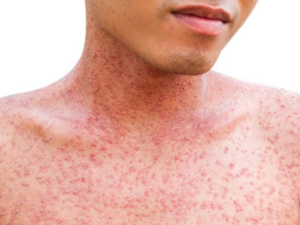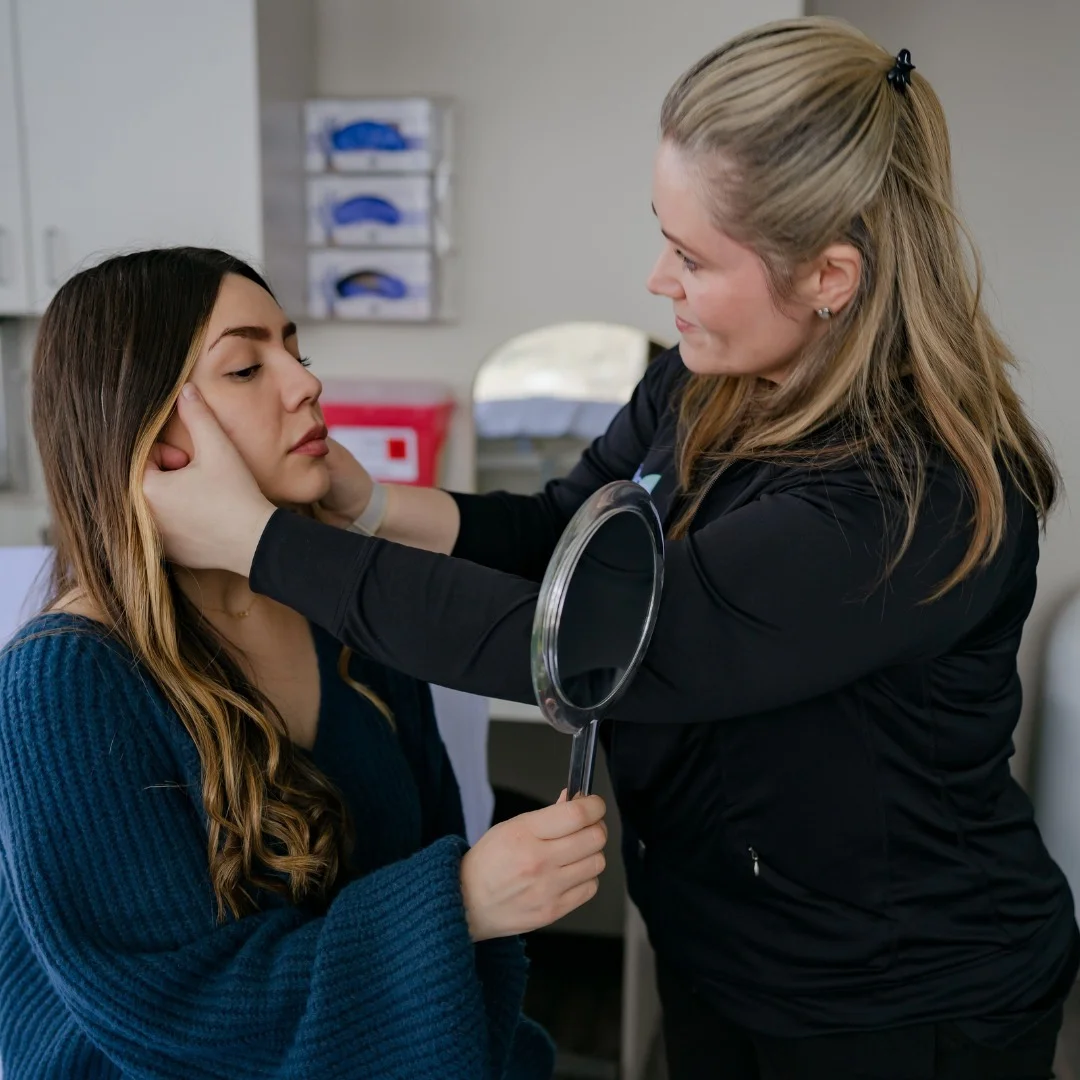According to the CDC, as of May 3, 2019, 764 individual cases of measles have been confirmed in 23 states, including Colorado. This is the biggest outbreak in the U.S. since 1994. Measles had been declared eliminated from the United States in 2000 but now we are seeing a resurgence of the infection due to global travel and historically lower vaccination rates. Only 88.7% of Colorado kindergarteners received the measles/mumps/rubella (MMR) vaccine during the 2017-18 school year, making it one of the lowest rates in the nation.
What is Measles? It is a virus that infects the respiratory system and causes flu-like symptoms, including fever, runny nose, pink and watery eyes, along with a generalized rash. In most cases, the disease resolves after several weeks, but occasionally severe complications can occur, including inflammation of the brain (encephalitis), which can lead to seizures and brain damage. Other complications may include pneumonia (viral or secondary bacterial infection), bronchitis, ear infection, gastroenteritis, and myocarditis (inflammation of the heart muscle). Rarely, these complications can be life threatening. The mortality rate is 1 in every 500 patients affected.
The rash of measles usually begins 2-4 days after start of symptoms. It usually begins on the face and spreads downward onto the torso, arms and legs. A characteristic oral mucosal finding early in the infection (typically 2-3 days prior to the skin rash) are Koplik spots, which are small gray-white to red bumps inside the mouth.
Treatment for measles is supportive, with antibiotics for secondary bacterial infection if indicated. Antiviral medication is used for severely ill patients.
The measles epidemic is largely due to a highly transmissible viral infection spreading in non-vaccinated communities. Adults at risk for contracting measles include those born in the U.S. after 1957 and who do not have either laboratory evidence of immunity or documentation of 2 doses of MMR vaccine. In these individuals, a booster dose of MMR should be considered, especially if deemed non-immune by laboratory testing. The vaccine provides 97% protection with 2 doses, with an excellent safety record.
In conclusion, measles is a serious but preventable condition. If you or your loved ones are not vaccinated, please go see your primary care doctor for further discussion.


